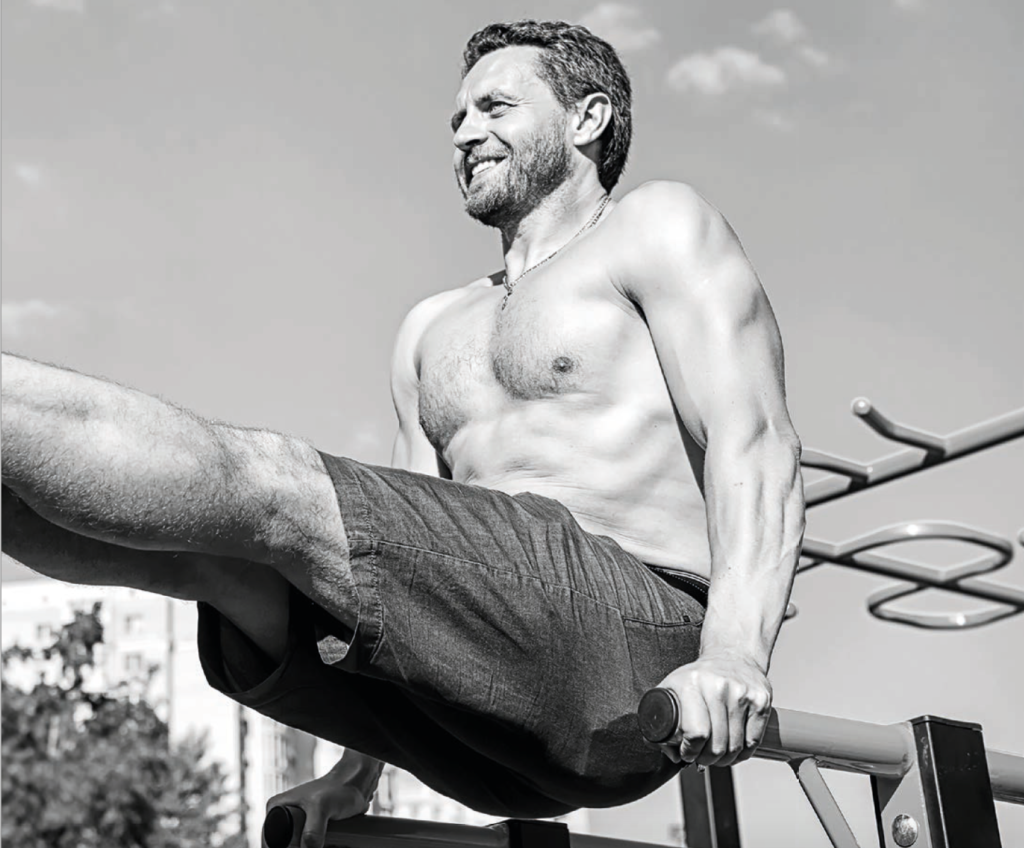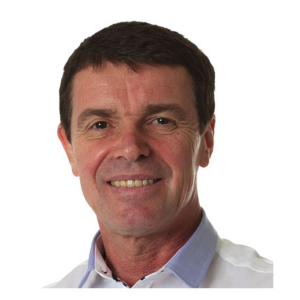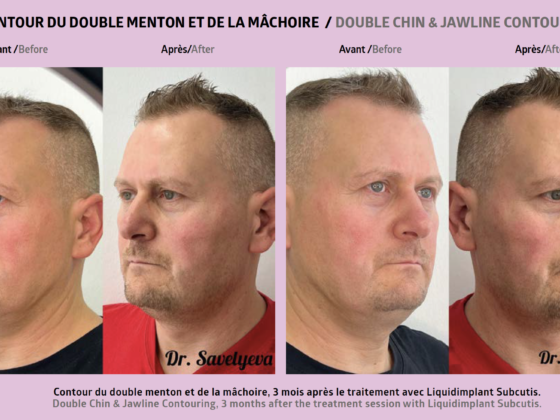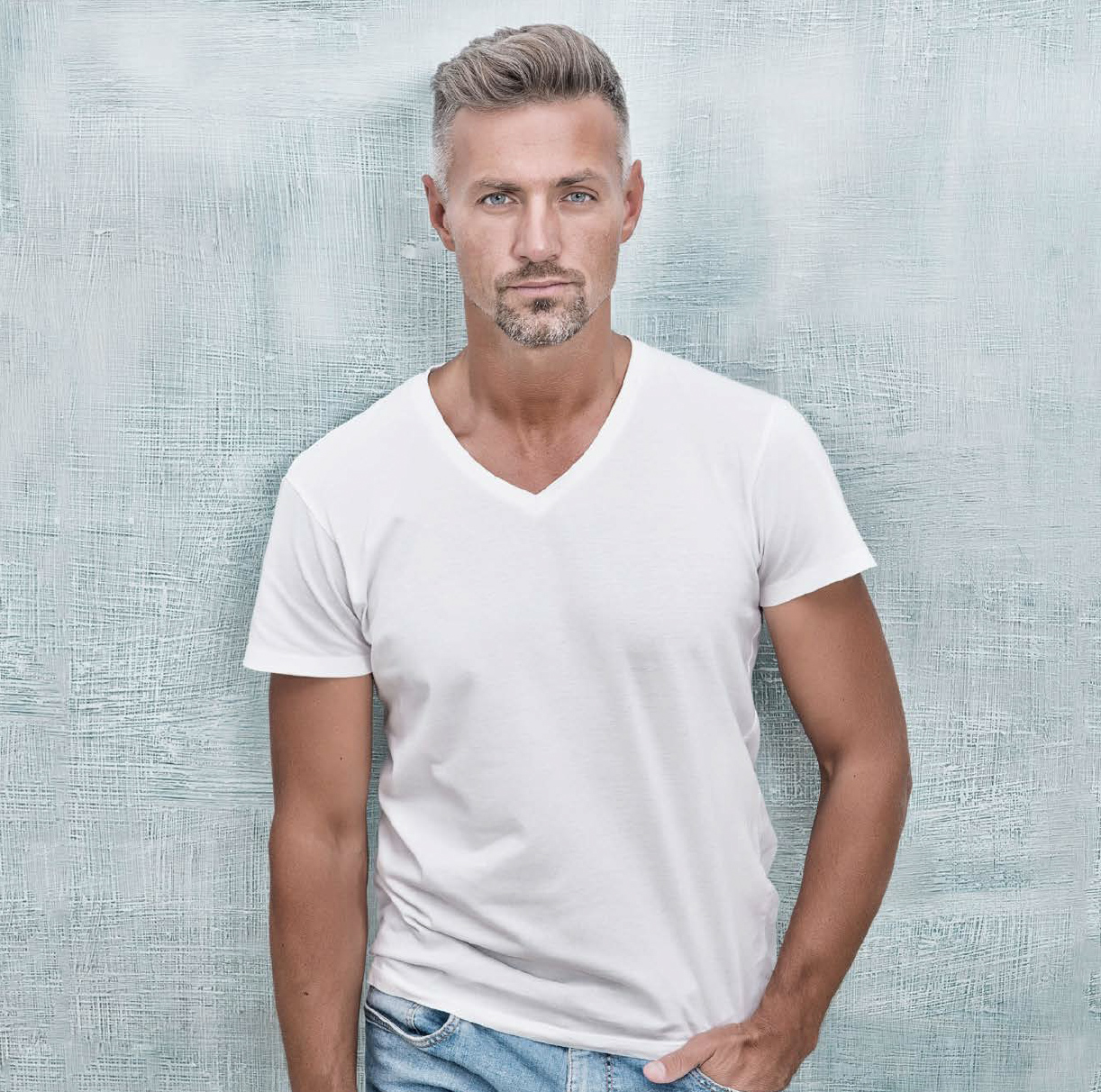By Doctor Claude Dalle
HOW TO IMPROVE YOUR PHYSIQUE AND MENTAL HEALTH AFTER AGE 50?
Age 50-55 is what we call middle age: it is a key period, both for men and women. The potential problems encountered at this age have a huge impact on a person’s health in the years to come.
Middle age is, for both sexes, a time when the sex hormones start to slow down: a brutal change in women, but more gradual in men. This means that many men are unaware that they are going through the andropause. However, let us look at all of the effects of the andropause in order to better understand how important it is to get physical treatment. Let’s stop turning a blind eye to all of these consequences:
- A man’s physique changes considerably: their muscles waste away and, as a result, their belly gets larger and their shoulders slowly hunch as the vertebrae get less support from the muscles
- Muscle strength diminishes quickly and this can lead to osteoporosis, a reduction in bone density
- Often a bit of gynecomastia (“man boobs”) appears and abdominal weight is gained more easily: the muscles turn into fat even if the weight stays the same
- Inguinal hernias can develop. The face looks paler because the bone marrow produces fewer red blood cells due to a lack of testosterone.

But, men often do not notice these changes. Their skin loses its quality, its sebum, and wrinkles start to appear. They may start losing their hair, particularly on the top of their head. But what they notice the most is a drop in libido, and a great many men have erection problems at this age. The mental impact is significant. Sometimes, added to this, they have prostate problems meaning they wake up often during the night, which can be a pain. They often lose agility and, unconsciously, start to exercise less. The drop in testosterone also causes them to get out of breath quicker and creates atheromatous plaques in the arteries.
Testosterone, the sociability hormone
Mentally, men start to close themselves off from other people because testosterone is the main sociability hormone. They may become irritable or “grumpy”, and their partner may be the one to notice this first. They become less alert, less attentive, a bit depressed, they go out less. They gradually become more passive, and they lose their ability to work properly, as well as their concentration. We know, for example, that testosterone (and oestradiol) can protect the neurones from Alzheimer’s disease. Men become less capable of making decisions and enter into fewer negotiations at work. This drop in vital hormones is accompanied by a significant decrease in neurotransmitters, including dopamine and serotonin. Their sex life is affected, as is their mood and sleep quality. Men feel stress at lot more at this age, and it has a greater impact on their mental state.
So, if we look closely, a man whose andropause is left untreated is exposed to several illnesses that we know are linked to a drop in testosterone: metabolic syndrome, diabetes, heart disease, neurodegenerative disorders (Alzheimer’s, Parkinson’s, dementia).
For the same reasons as we treat the menopause, the opportunity to significantly prolong a person’s life means that modern society can no longer ignore this problem, especially when we know that modern medicine off ers a number of solutions that can treat individuals, and even society as a whole. To help older men maintain a good social life, their ability to work, their quality of life and their happiness, and to ease the passage of time for society as a whole, let’s make sure we treat the andropause properly.
 Doctor Claude Dalle
Doctor Claude Dalle
Doctor Claude Dalle. Degree in acupuncture, mesotherapy, Eriksonian hypnotherapy. Speaker at international conferences, course leader at the Faculty of Medicine in Paris. Scientifi c director of congresses. President of the WOSIAM (World Society for Interdisciplinary Anti-Aging Medicine). President of the European Federation for Active Aging.











